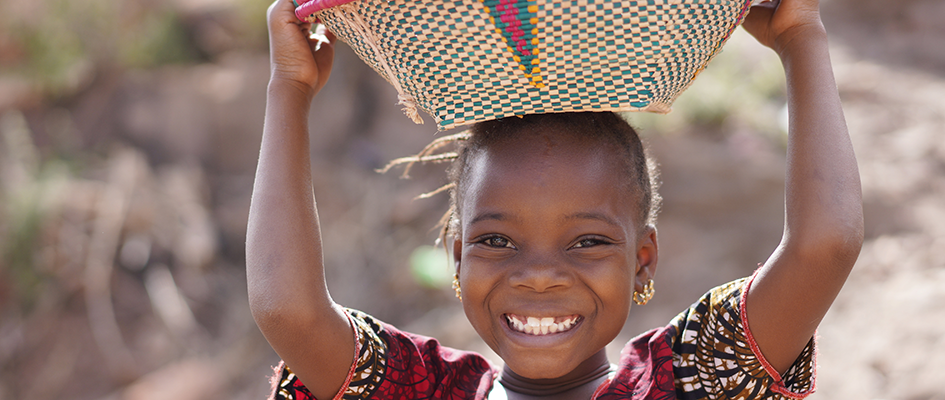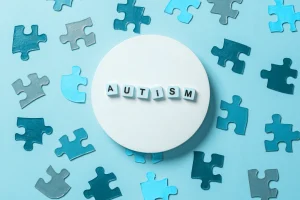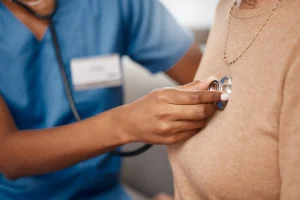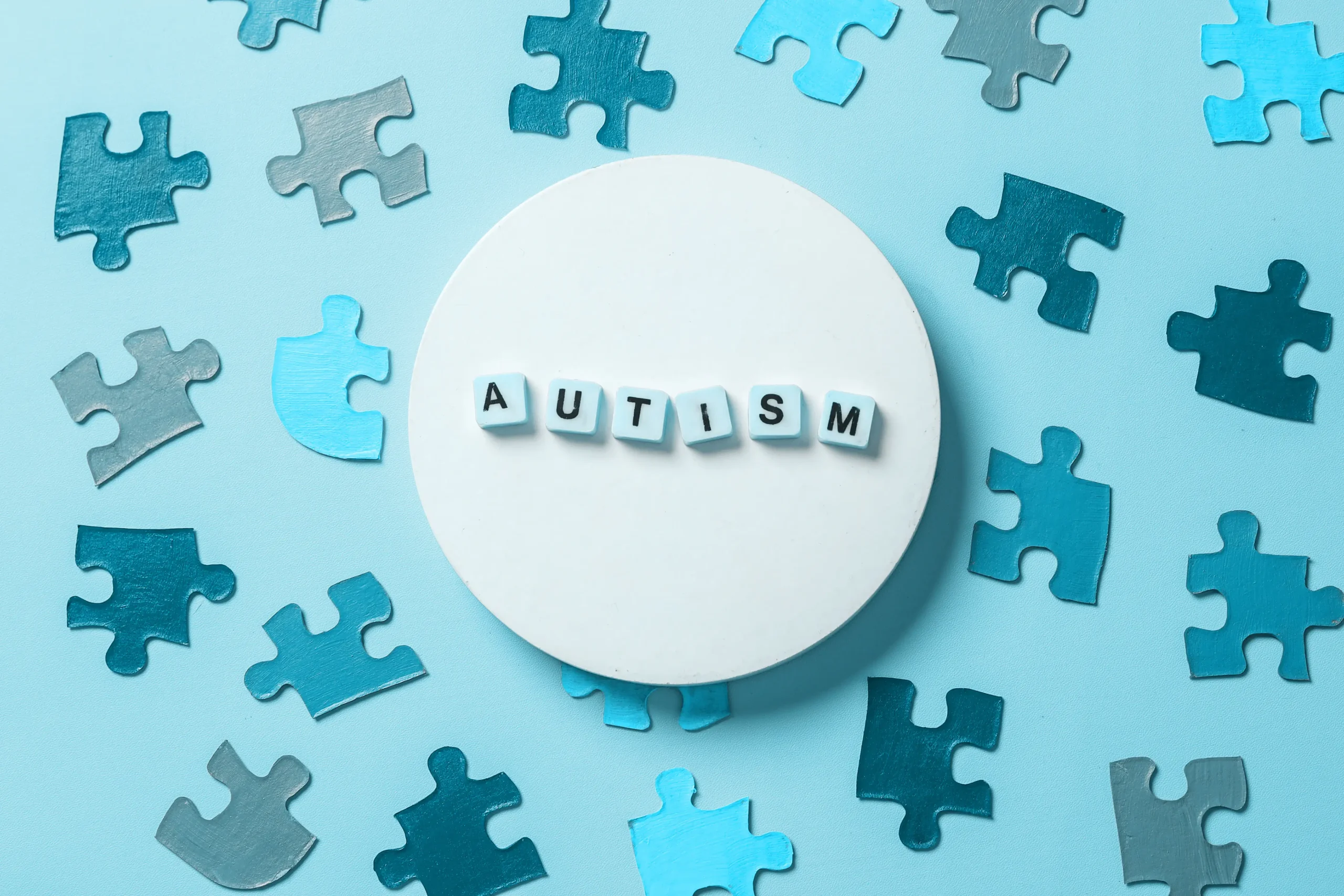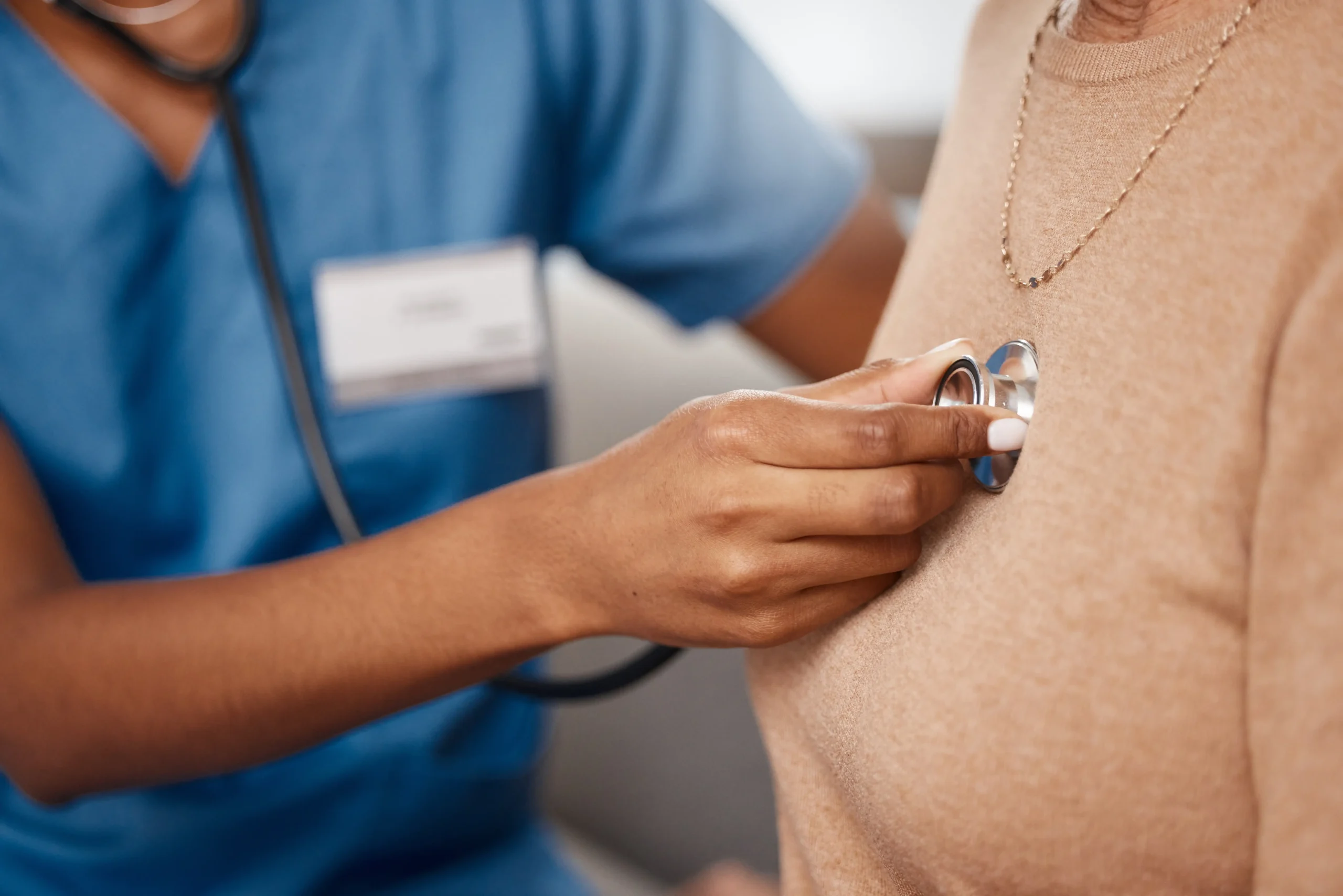What Should You Know about the Malaria Vaccine?
New malaria vaccine shows 70% fewer deaths and hospitalisations in a 3-year African pilot study
When the first vaccine against malaria won a recommendation from the World Health Organization, in October 2021, it marked a turning point in the battle against this parasite. For thousands of years malaria has been a killer and remains a primary cause of childhood illness and death in sub-Saharan Africa. More than 260 000 African children under the age of five die from malaria annually.
“This is a historic moment. The long-awaited malaria vaccine for children is a breakthrough for science, child health and malaria control,” said World Health Organization Director General, Dr Tedors Ghebreyesus. These pilot programmes were launched in Ghana, Kenya and Malawi in 2019, with more than 830,000 children vaccinated so far. The first results showed that hospitalisations from severe malaria have decreased by about 30%. The combination of antimalarial drugs and vaccination lowered hospitalisations and deaths from the disease by about 70%.
Dr Stewart Silvester, Emergency Room Physician at Lenmed Maputo Private Hospital, says, “Such a vaccination programme will benefit children in Africa and prevent death. All other measures are still necessary to prevent the disease but if one is vaccinated, the severity decreases, and prognosis is much better. This vaccine is long-awaited in Africa and will help improve the lives of our children and prevent unnecessary suffering.”
How does the new vaccine work?
Four doses of the vaccine are given alongside existing vaccine programmes. They are administered with a one-month interval and followed by a booster dose 18 months later. This helps to protect children and infants from clinical malaria for at least three years after the first vaccination.
Who risks becoming infected?
Anyone in a malaria-region is at risk of becoming infected, however some individuals tend to be more susceptible.
- Children under the age of 5 are most vulnerable.
- Pregnant women are also at high risk. If a pregnant woman becomes infected, it is highly likely that the disease will be transmitted to the unborn baby.
- Individuals living with HIV/AIDS and people who have lower immunity are also at risk.
Where are high-risk areas in South Africa and neighbouring countries?
- The far north of KwaZulu-Natal province bordering Mozambique
- The lowveld areas of Mpumalanga province, including the Kruger National Park, but excluding Nelspruit and White River
- The north-eastern parts of Limpopo province
- In Angola, Zambia, Malawi, Mozambique and the Lowveld areas in Swaziland, the risk of malaria is present throughout the year
- In the northern parts of Namibia and Botswana, the risk period is November-June
Signs and symptoms of malaria
Malaria signs and symptoms typically begin within 15 days after being bitten by an infected mosquito. If you happen to get malaria, you can be treated and make a full recovery if it is caught in time, and you are prescribed the right drugs by a health practitioner. Left untreated, malaria can progress to severe illness and death within 24 hours.
Watch for these symptoms:
- Fever
- Chills
- General feeling of discomfort
- Headache
- Nausea and vomiting
- Diarrhoea
- Abdominal pain
- Muscle or joint pain
- Fatigue
- Rapid breathing
- Rapid heart rate
- Cough
How do we take preventative measures?
- Antimalarial drugs – when travelling to a high-risk malaria area it is vital to take antimalarial drugs. They will reduce the risk of you getting malaria by up to 90%. You must start taking the tablets at least two days before you depart and continue taking them every day while away and for 4 weeks after you return.
- Use mosquito repellents – Apply a repellent to the exposed areas of your skin whether you are inside or outside both during the day and, even more importantly, at night-time.
- Wear clothing to protect – Wear shirts with long sleeves and long pants that cover your ankles. Do this especially at sunrise and sunset when mosquitoes become extremely active.
- Put protective screens on doors and windows – Use wire or gauze with a very fine meshing so that the mosquitoes cannot get in. Make sure to repair any tears or holes that may appear in the screens over time.
- Use insecticide sprays inside homes and buildings – Make sure the spray you use is long-lasting. Remember insecticide sprays are toxic and should, therefore, be used with caution – spray away from people and animals.
- Keep a fan running when you sleep – Mosquitoes seem to steer clear of the wind current caused by a fan. Put the fan on a rotate setting, allowing it to move the air around the room. Run the fan throughout the night.
- Install a mosquito net over your bed – Make sure the net fits properly over your bed and keep an eye out for holes and tears where mosquitoes can find their way in. For complete safety, soak the netting in an insecticide but find out first which ones are safe to use.
- Indoors is safer at night – Spend your evenings inside rather than outside. This way you stand a lesser chance of being bitten. If you do need to go out at night, just limit the time you spend outdoors as much as you can.
The lenmed Group is a world-class chain of Private Hospitals that brings quality healthcare to communities across Southern Africa.
For more information please contact:
Dr Stewart Silvester, Emergency Room Physician
MD, MBBS (Cuba)
Lenmed Maputo Private Hospital
Tel: +258 848 120 472
Email: [email protected] or [email protected]
Disclaimer: Any information contained here is merely a guideline. Always visit your healthcare practitioner for any health-related advice or diagnosis.



